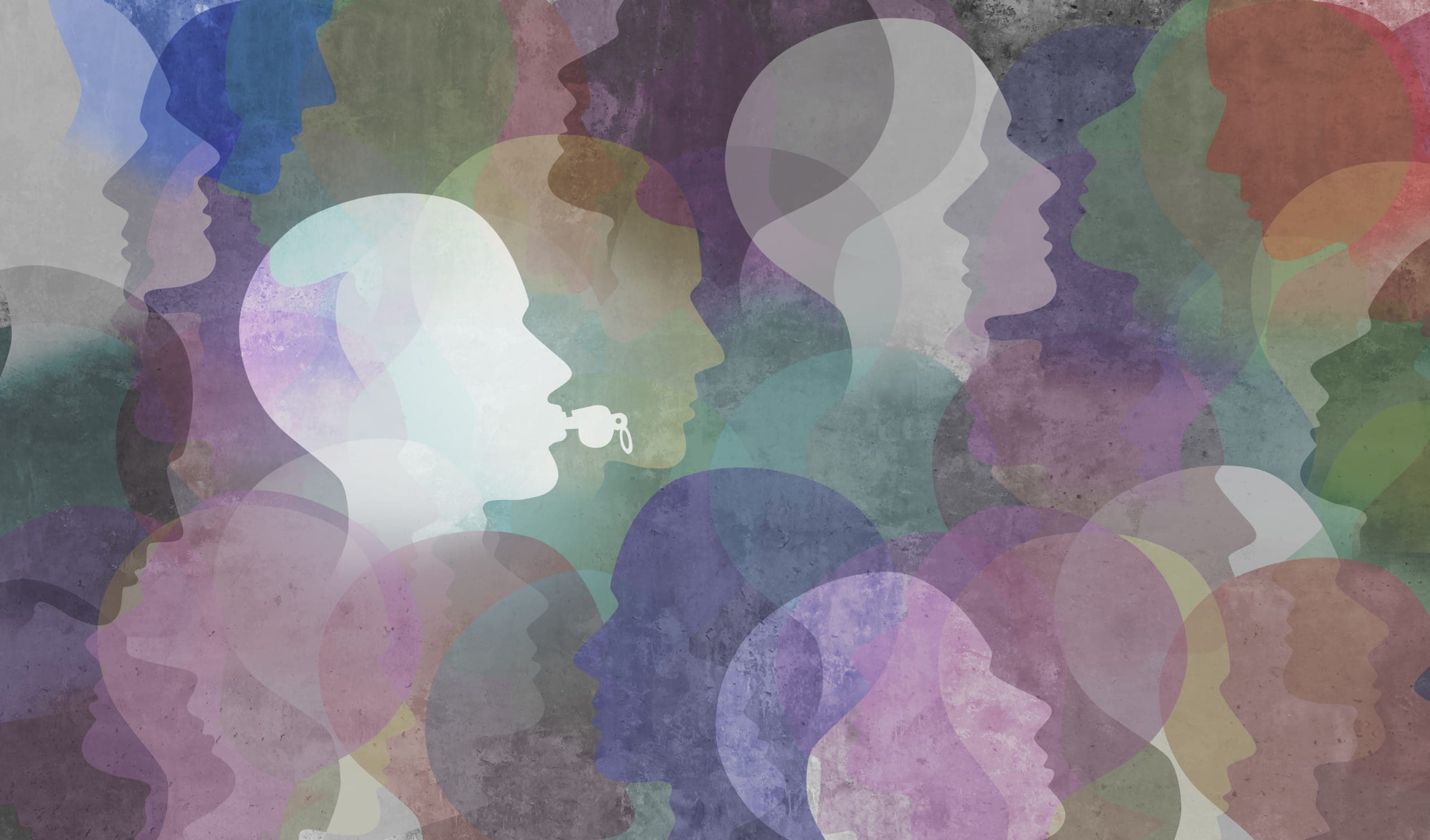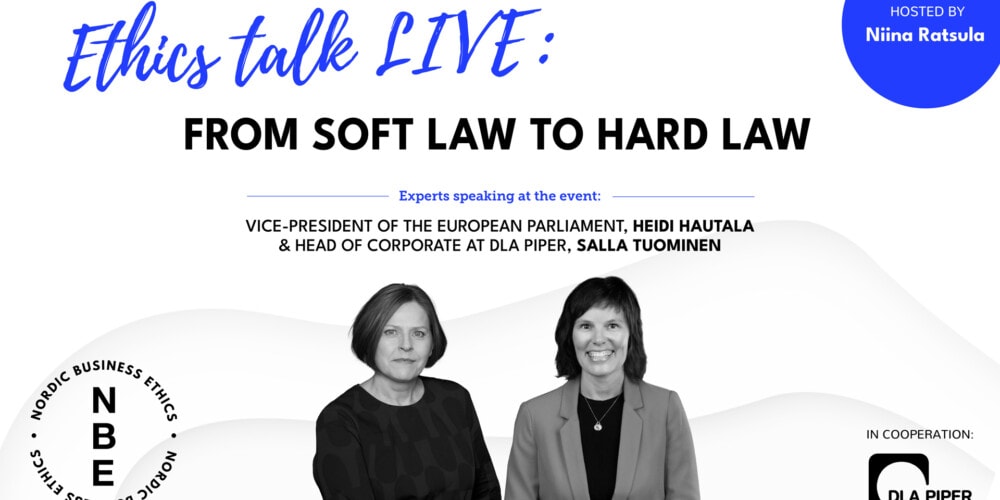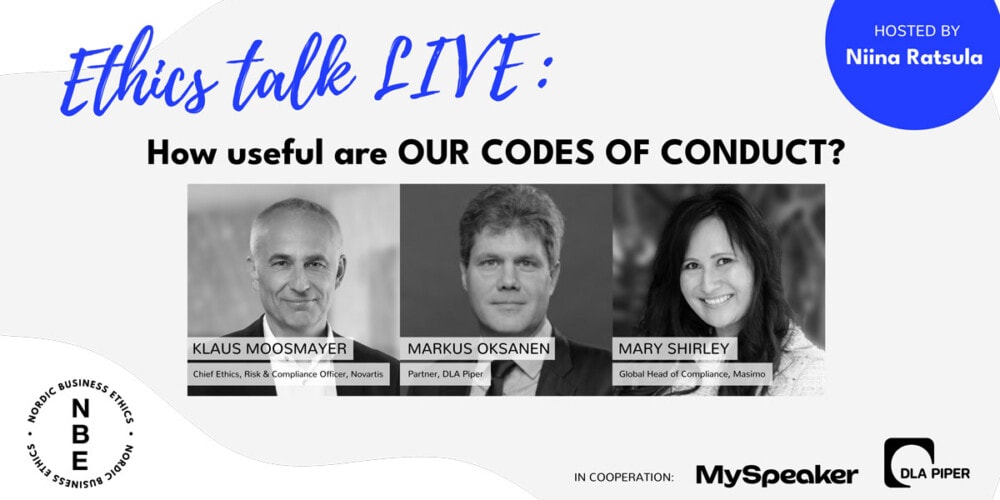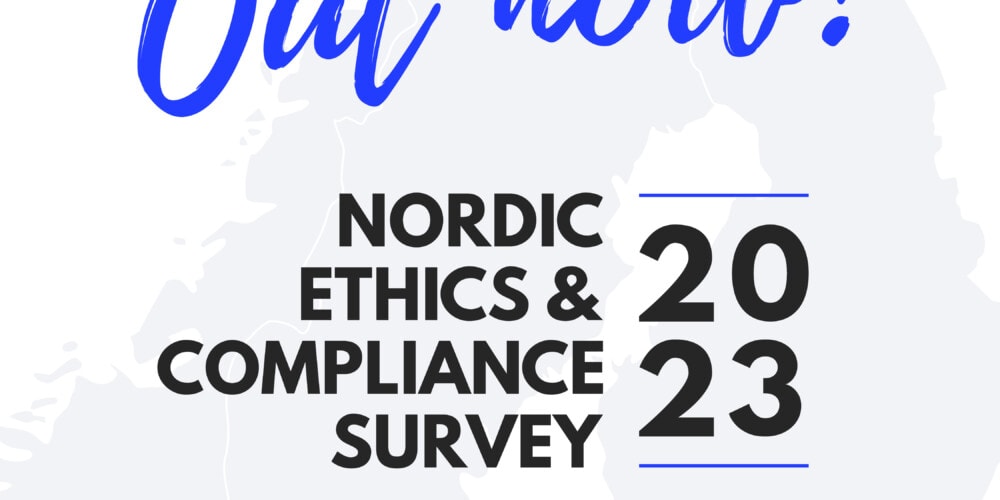Yes I paid a bribe – but it was a joke …
Why do good people make bad decisions? Can you rationalize paying a bribe, even after you have been are convicted? What can E&C professionals learn from behavioral science? We decided to ask the behavioral science expert assistant professor Wiley Wakeman a bit more.
Why do you think ‘good employees’ end up in the midst of corporate scandals?
I think there are two routes. First, I think that people do it our of self-interest, trying to figure out ways to make money. Second, and, what is more pernicious, is that employees try to meet the expectations of their colleagues, peers, and clients in ways that are remarkably pro-social. They try to keep up with their manager’s or CEO’s expectation for business development in an area, so are less attuned to whether payments are bribes or legitimate consulting fees. They try to make clients happy in ways that causes them to overlook aspects of knowing their clients and sources of wealth. Sure, these two routes often are taken simultaneously, but I do think we forget how people do bad things for good reasons.
How would you comment upon the ‘Nordic trust based’ culture, in the context of misconduct?
I think that trust and the ability to make mistakes is a key component to successful teams and organizations. According to the research, it helps foster intrinsic motivation, encourages learning, and improves retention. Yet, this does not mean that work should not have learning points or guidelines that help people through specific situations. I think that because the Nordics consistently rate highly on transparency and, at least locally, corruption that this often serves as “moral license” for excusing them in addressing moral issues at work. I do think that managers have an opportunity to foster discussions about ethical issues on an ongoing basis. There are a lot of decisions that “feel right” but may lead to complications later and bringing up the ethical components of business decisions does not mean that employees will be unethical, but that there may be an opportunity to do things better.
SOME REFRAIN FROM BURDENSOME FORMALISTIC ‘US STYLE PROGRAMS’. WHAT IS YOUR VIEW, CAN WE CHOOSE AND RELY MORE ON culture?
For most purposes, I think that culture drives organizations. You can have the best control systems in place, but my conversations with executives and managers reiterate the fact that there are many ways to circumvent them, or apply them heterogeneously based on contextual or personal motivation. Thus, I think that culture trumps control systems, especially in the potential for reactionary responses to control. That said, there is a need for external agreement and parties that help to both manage and enforce laws, as time and opportunity help ethics take a back seat to organizational performance.
The Swedish Anti-Corruption institute study reveal BRIBERY OFFENDERS SAY IT was a misunderstanding OR EVEN A JOKE. WHAT DOES THIS TELL US?
I think we need to reconceptualize the ethical choices that employees often make from being one where they decide between right and wrong, which does happen but it is less likely than ones where they are forced to choose between right and right. Rather than deciding to be bad versus good, often employees are forced into dilemmas where they must choose between being honest and disloyal (e.g., whistleblowers) versus dishonest but loyal (e.g., many examples of organizational wrongdoing). Thus, they are faced with the decision to support the value of honesty (one right) or loyalty (an alternate right). This means that they can understand their behavior as being “good” along one of these dimensions, explaining why they may overlook the wrong behind their behavior.
MORE INSIGHTS IN ETHICS TALK
We had a discussion about these themes at an event in October. You can also listen more in this Ethics Talk.
Anna



